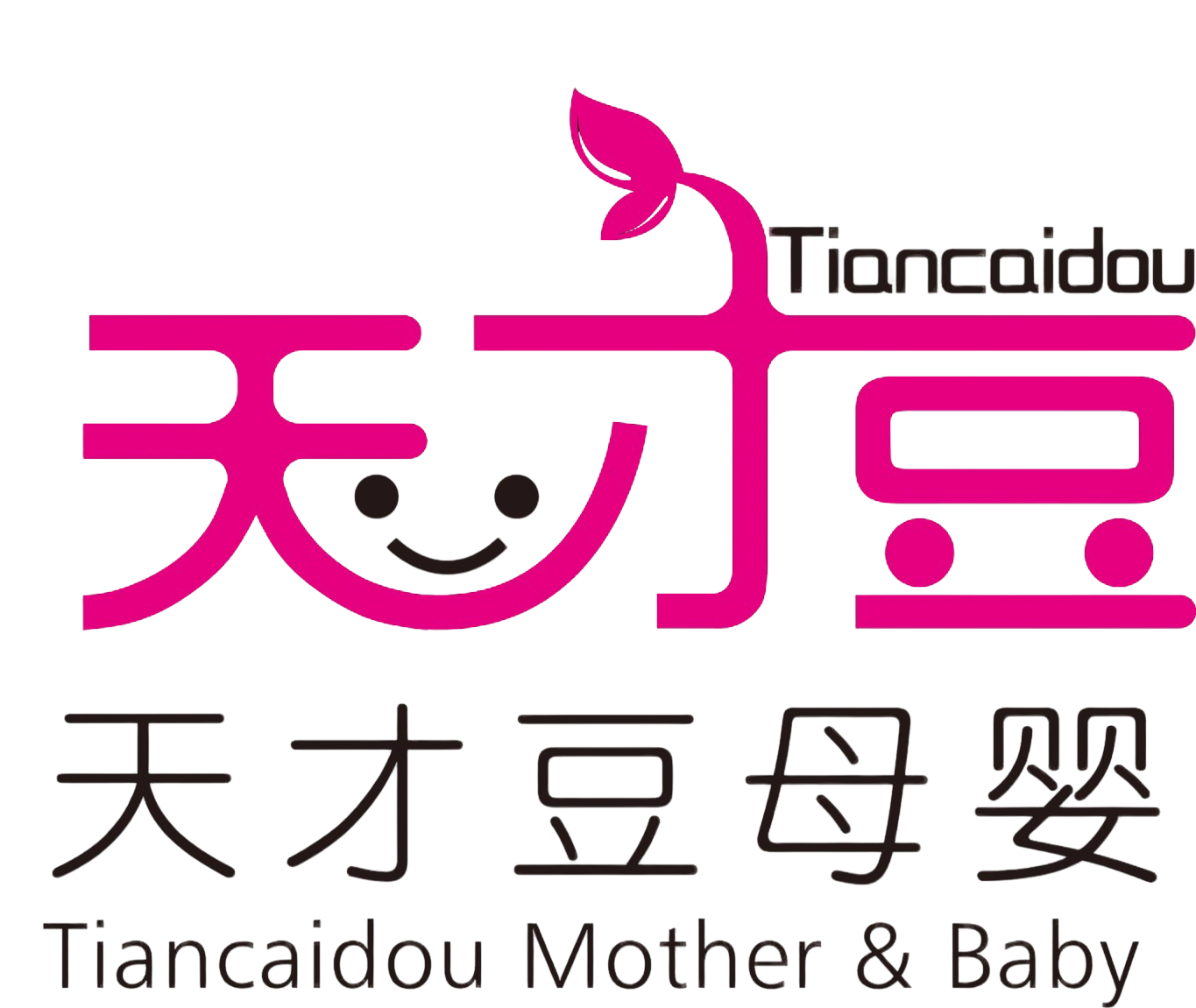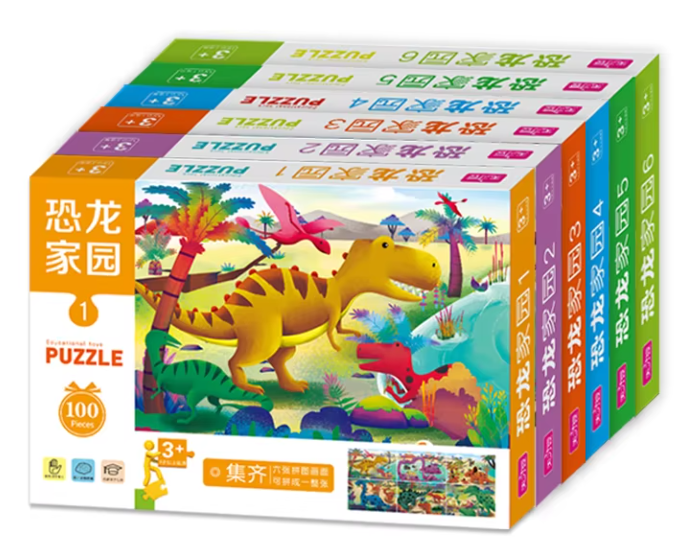The Cognitive Benefits of Educational Toy Puzzles
Boosting Problem-Solving Skills Through Play
Toy puzzles designed for educational purposes help kids build problem solving skills and boost brain development. When kids work on jigsaw puzzles or tangram sets, they face interesting challenges that push them to think creatively and come up with ways to put pieces together correctly. Studies indicate that regular engagement with such activities actually improves cognitive abilities over time, helping little ones handle everyday problems better. Many parents notice something fascinating too: after spending time with puzzles, kids tend to view learning as something enjoyable rather than just another chore. This association between fun and skill building makes all the difference. Getting these kinds of toys involved in daily play routines helps children develop important thinking skills early on, which lays down solid groundwork for future academic success.
Enhancing Memory & Spatial Awareness
Puzzles work really well at boosting memory skills and helping kids understand space better. When kids work on puzzles, they have to remember where different shaped pieces go, which helps train their brains for remembering things both briefly and over time. Kids also get better at figuring out how objects relate to each other in space while putting puzzles together. Research shows that children who spend time with good quality puzzles tend to do better than others when faced with problems that require seeing relationships between objects. The way puzzle play affects thinking isn't just about brain development though. It actually helps kids make sense of the real world too, like understanding directions or recognizing patterns in everyday life situations.
Fostering Creativity with Open-Ended Challenges
Open ended puzzles really help kids get creative because there's no right way to put them together. Kids can experiment with all sorts of shapes and arrangements, which gets their brains working on solving problems in new ways. Studies show that when children play creatively with these kinds of puzzles, it actually boosts their happiness levels and makes them more resilient when things go wrong. We've seen this happen time and again at our local community center where kids spend hours building wild structures from simple pieces. Beyond just having fun, this kind of play helps develop both thinking skills and emotional strength. When little hands fiddle with those colorful pieces, they're learning important lessons about patience, cooperation, and handling frustration without even realizing it.
Types of Educational Puzzles That Spark Learning
Magnetic Jigsaw Puzzles for Tactile Exploration
Magnetic jigsaw puzzles work wonders when it comes to helping kids explore things with their hands. Kids can actually grab and move around the pieces without worrying about them slipping away all the time, which makes putting them together much less frustrating. When little fingers pinch those magnets just right and slot them into place, it helps build those important hand muscles needed later on for stuff like holding pencils properly or getting buttons fastened. Studies have shown that when children get to touch and play with physical objects, their brains make stronger links between what they see and what they remember. This kind of hands-on learning sticks better than just looking at something or hearing about it secondhand.
Children Card Puzzles for Early Literacy
Card puzzles for kids work great at teaching basic reading stuff like sounds and words while keeping things fun. When little ones play with these puzzles, they start recognizing letters and shapes that form the building blocks of reading and writing later on. Research shows that getting kids involved with word games early actually boosts their language development quite a bit. Parents who mix card puzzles into everyday play often notice how excited their children get about learning because these toys make studying feel like just another game rather than homework.
Custom Paper Products for Personalized Learning
Custom paper products let us create unique experiences where puzzles match what kids actually care about or need for learning. These personalized items really boost how engaged kids get during playtime, turning education into something fun rather than just another chore. Kids who see themselves reflected in their toys tend to stick with them longer and try harder when faced with challenges. Research shows that when students work with materials made specifically for them, test scores go up across the board. That's why many teachers now include these custom creations in classroom activities alongside traditional methods.
Choosing Age-Appropriate Educational Puzzles
Matching Complexity to Developmental Stages
Getting the puzzle difficulty right for a kid's age and ability makes all the difference in creating a good learning experience. Kids who tackle puzzles at their level find themselves stuck in that sweet spot where things aren't too easy and definitely not impossible. On the flip side, puzzles that are way too basic just bore kids silly, whereas ones that are way out of reach tend to leave them throwing toys across the room in frustration. Watch what kids actually do with puzzles rather than just going by age recommendations. A 4 year old who loves animals might handle a 10 piece puzzle better than another same aged kid who struggles with fine motor skills. The whole point is helping brains grow through play. Kids start picking up persistence when they figure out how pieces fit together, and they learn to solve problems without giving up after the first try.
Prioritizing Safety & Durability
Safety and lasting quality should come first when it comes to educational puzzles for little ones who are exploring and growing. Puzzles constructed with safe, sturdy stuff keep kids away from things they might swallow or get hurt on while playing around. Safety certifications matter a lot for both companies making these toys and parents shopping for them, so everyone can feel good about letting kids play without constant worry. Good quality puzzles hold up against all sorts of rough handling too, which means kids get to practice problem solving again and again over time. These long lasting items often end up being passed down between brothers and sisters or used across multiple classrooms throughout several school years.
Aligning Puzzles with Learning Goals
When parents and teachers pick puzzles that match what kids need to learn, they're actually helping support education in a meaningful way. Choosing puzzles aimed at certain skills like math, reading, or problem solving makes learning more targeted while still covering lots of ground. Adding these kinds of puzzles to regular school work really boosts how well kids understand things from class. Studies show that when toys and puzzles are made specifically for teaching purposes, children tend to do better academically. Learning becomes something fun rather than just another chore for little brains.
Each of these considerations builds a foundation for selecting educational puzzles that maximize a child's development and engagement, making learning an enjoyable and enriching experience.
Maximizing Educational Value Through Engagement
Incorporating Puzzles into Daily Routines
Getting kids involved with puzzles on a regular basis really helps their brains grow and develop over time. When children work on puzzles consistently, they remember what they've learned before and pick up new ideas much better than when they just do it occasionally. Many parents find that setting aside some puzzle time each day works wonders. It doesn't have to be anything fancy either - sometimes just sitting down together with a jigsaw or tangram set creates those special moments families cherish. These kinds of activities naturally encourage teamwork between parent and child, turning what could be homework into something fun instead. Kids who get used to solving puzzles tend to stay curious about how things work throughout their lives, which makes them better problem solvers in school and beyond.
Luxury Gift Box Sets for Special Occasions
Gift boxes filled with luxury puzzles really change how we think about giving presents. Most of these sets come with top notch materials and some pretty imaginative designs that mix fun with actual learning. Studies have shown time and again that good quality toys actually boost how engaged kids are when they play. Kids tend to soak up information better too, getting so interested in what they're doing that it starts to look like real learning rather than just playing around. These kinds of gifts work great for birthdays or holidays while still making a real difference in someone's education over time. They help start something special between the person receiving them and the whole world of learning.
Personalized Gift Boxes to Fuel Curiosity
When kids get gift boxes filled with custom puzzles matching their interests, they tend to stay engaged longer and actually learn something while playing. If a puzzle features dinosaurs for a kid who loves them or space themes for an aspiring astronaut, it grabs attention right away because it connects with what already excites them. Research shows people respond emotionally stronger to things made just for them, which translates well into school settings too. What makes these gifts stand out is how they show someone cares enough to notice what matters to the child. This attention to detail helps build connections between playtime and actual learning experiences over time.

